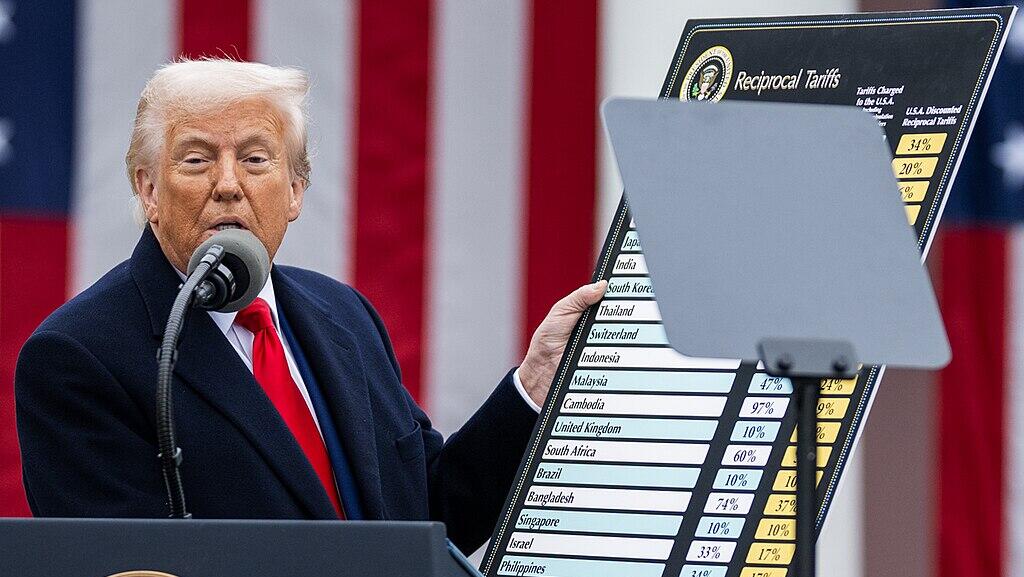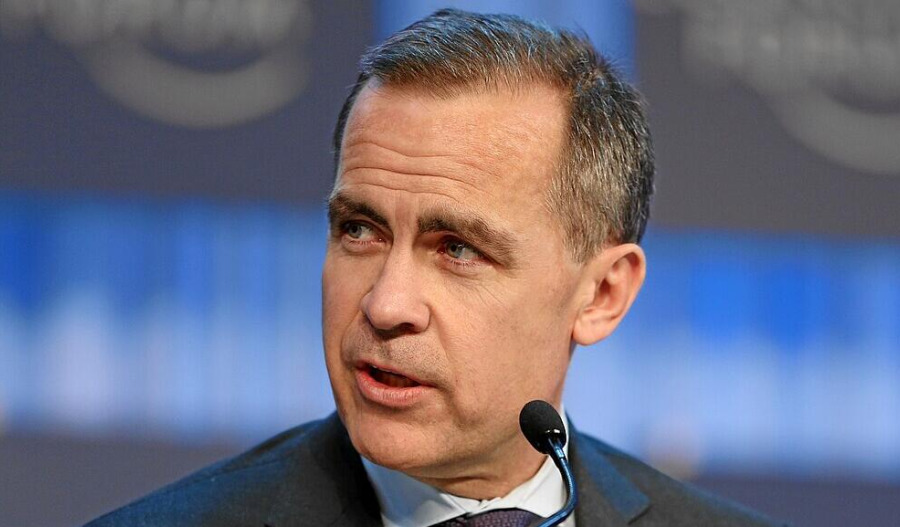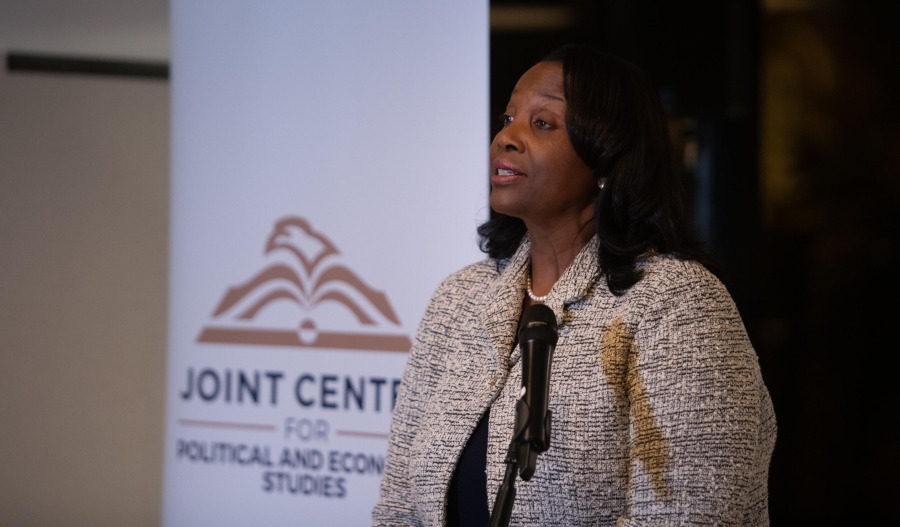The United States Court of Appeals has ruled that most of President Donald Trump’s tariffs were illegal, undercutting the president’s use of the levies as a key international economic tool.
A 7-4 decision by a panel of judges in Washington made the ruling but allowed tariffs to remain in place until 14 October to give the Trump administration a chance to file an appeal with the U.S. Supreme Court.
Trump said that a record US$15 trillion has been invested in the U.S., with much of this coming from tariffs.
“If a Radical Left Court is allowed to terminate these Tariffs, almost all of this investment, and much more, will be immediately cancelled!” he said.
Following the ruling, Trump also said it would be a “disaster for the country” if the tariffs were removed.
“It would make us financially weak, and we have to be strong,” he said.
“The U.S.A. will no longer tolerate enormous Trade Deficits and unfair Tariffs and Non Tariff Trade Barriers imposed by other Countries, friend or foe, that undermine our Manufacturers, Farmers, and everyone else.
“If allowed to stand, this Decision would literally destroy the United States of America.”
The case was filed by Democratic-led states and a group of small businesses and looked at what Trump called “reciprocal tariffs” as well as a separate set of tariffs he imposed in February against China, Canada and Mexico.
The ruling will not impact any tariffs issued under legal authority, like the tariffs on steel or aluminium imports.
Trump tried to justify both sets of tariffs, alongside more recent levies, under the International Emergency Economic Powers Act (IEEPA) that gives the president power to address “unusual and extraordinary” threats during national emergencies.
"The statute bestows significant authority on the President to undertake a number of actions in response to a declared national emergency, but none of these actions explicitly include the power to impose tariffs, duties, or the like, or the power to tax," the court said.
"It seems unlikely that Congress intended, in enacting IEEPA, to depart from its past practice and grant the President unlimited authority to impose tariffs."
Related content



